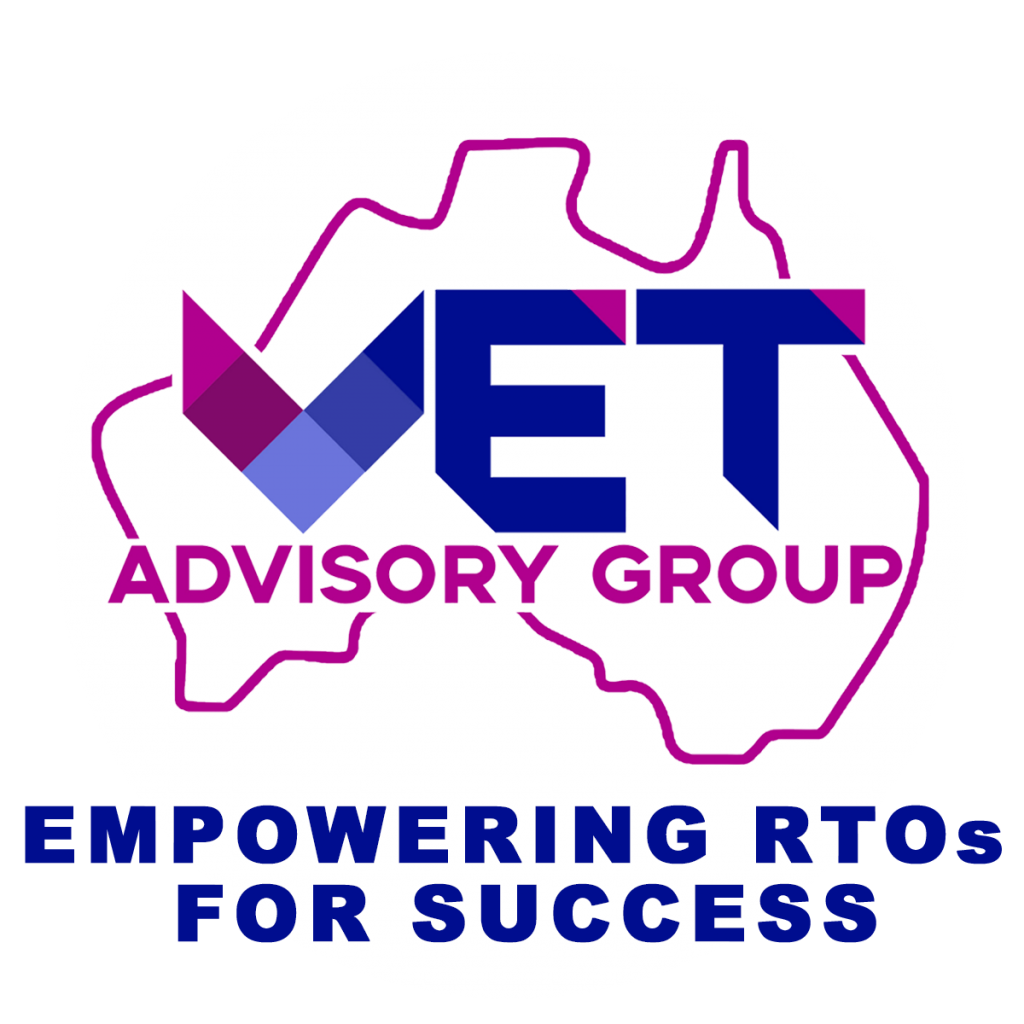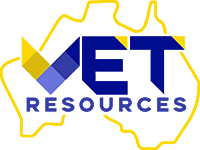
In Registered Training Organizations (RTOs), ensuring compliance and quality assurance is highly important. Among the various approaches to quality RTO auditing, conducting independent RTO auditing offers a range of benefits that can significantly enhance the integrity and effectiveness of educational institutions.
Enhanced Objectivity and Impartiality
Independence in RTO auditing brings a fresh perspective, free from internal biases or conflicts of interest. When an external auditor assesses an RTO’s practices, they bring a neutral stance, focusing solely on compliance and quality standards. This objectivity ensures that audits are thorough and unbiased, providing a clear picture of an RTO’s performance.
The Australian Skills Quality Authority (ASQA) emphasises this objectivity that by opting for independent auditing, RTOs can ensure a transparent evaluation process, boosting confidence in stakeholders and regulatory bodies alike.
Expertise and Specialization
Independent auditors often possess specialised knowledge and expertise in the field of education and compliance. This expertise extends beyond basic regulatory requirements, offering valuable insights and best practices. They stay updated with industry changes, emerging trends, and regulatory updates, providing RTOs with informed guidance.
Comprehensive Evaluation
When RTO auditing is conducted independently, the assessment tends to be more comprehensive. Independent auditors follow rigorous processes, examining all aspects of an RTO’s operations, from governance and financial management to training delivery and assessment practices. This thorough evaluation helps uncover areas of non-compliance or inefficiency that may have been overlooked.
This discusses the significance of an inclusive auditing strategy. Independent audits delve deep into organisational processes, ensuring that every facet of the RTO’s operations aligns with regulatory requirements.
Continuous Improvement Culture
Independent audits not only identify areas for improvement but also foster a culture of continuous enhancement within an RTO. By receiving objective feedback and recommendations from external auditors, RTOs are motivated to implement changes that elevate their standards. This proactive approach leads to ongoing refinement and optimization of educational practices.
This emphasises how independent audits stimulate a mindset of growth and development. RTOs that embrace this culture are better equipped to adapt to evolving educational landscapes and provide enhanced learning experiences for their learners.
Credibility and Trust
Finally, independent RTO audits contribute significantly to an organisation’s credibility and trustworthiness. When stakeholders, including learners, employers, and government bodies, see that an RTO undergoes external audits, it instils confidence in the quality and legitimacy of the education provided. This, in turn, can lead to increased enrollment, better job prospects for graduates, and a positive reputation in the industry.
This pertains to the thought of independent audits in building public trust. Institutions that prioritise external scrutiny demonstrate their commitment to excellence and accountability, setting them apart as reputable entities in the education sector.
Conclusion
The advantages of conducting independent RTO audits are numerous and impactful. From unbiased evaluations and specialised expertise to fostering a culture of improvement and enhancing credibility, the benefits extend to all aspects of an organisation. As ASQA advocates for a collaborative approach towards self-assurance, integrating independent auditing into RTO practices emerges as a key strategy for ensuring compliance, quality, and long-term success.
The insights obtained from independent audits are invaluable in guiding RTOs towards excellence and the accomplishment of their educational mission.

